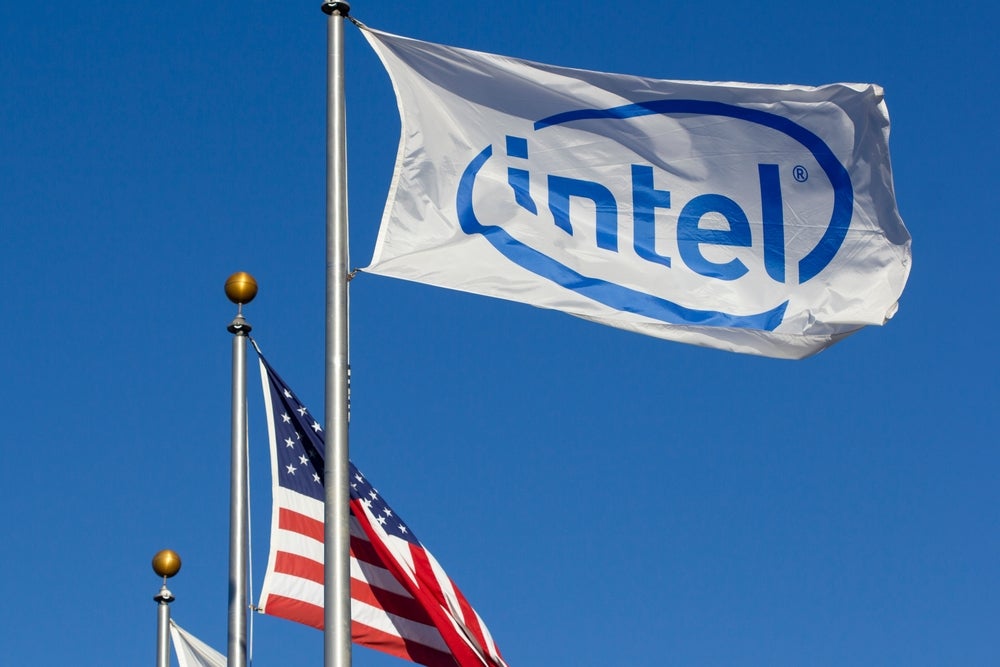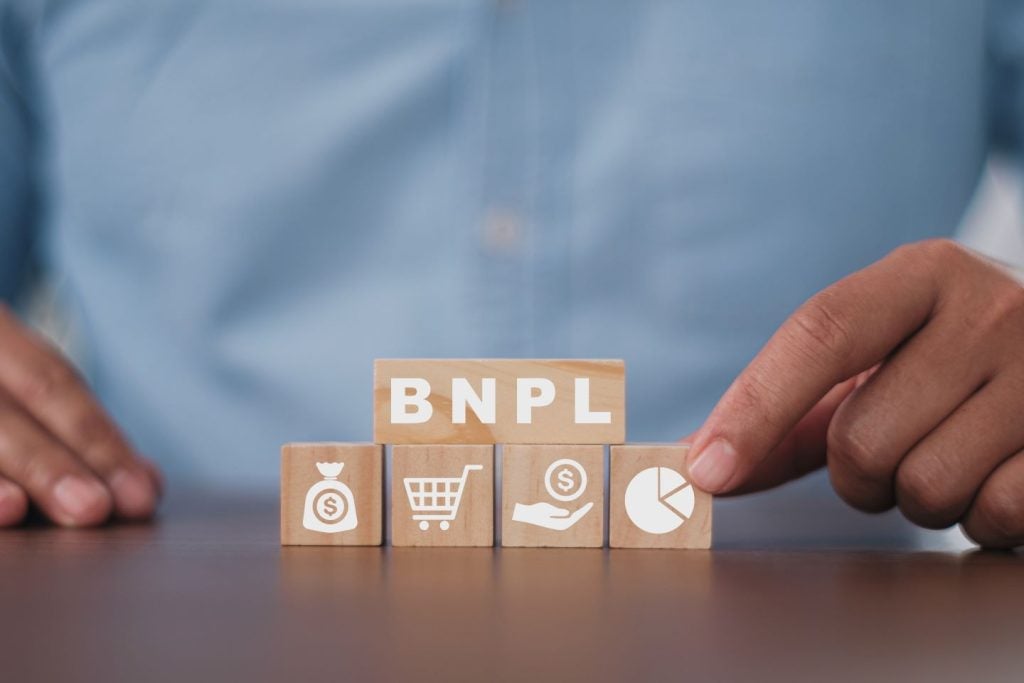
There have been ceaseless debates on the positives and negatives of social media since it became mainstream.
While social media certainly drives people together, the effect it can have on users’ mental health can be truly frightening. The much-talked-about ‘Blue Whale game’ is the most famous example of the ways that the internet and social media can affect developing minds.
For those who aren’t aware, the Blue Whale game has been thought to have some involvement in suicides across the world. The ‘game’ encourages to participate in a series of dangerous and disturbing challenges over a course of days. By the 50th day, the players must ‘win’ the game by committing suicide. Challenges include waking up at 4:20 A.M., climbing a crane, carving a specific phrase on the person’s own hand or arm, doing secret tasks, poking a needle to the arm or leg, standing on a bridge and roof, listening to music, and watching videos sent to the participants by the administrator.
It was first documented in Russia in 2013. A former-psychology student , 21-year-old, Philipp Budeikin claimed he created the game. He said he aimed to break down people’s mental health in an effort to ‘cleanse’ society of those he thought worthless. He was arrested and pleaded guilty to inciting at least 16 teenagers to commit suicide.
In a chilling interview after his arrest, Budeikin said:
“Don’t worry, you’ll understand everything. Everyone will understand. They were dying happy. I was giving them what they didn’t have in real life: warmth, understanding, connections.
How well do you really know your competitors?
Access the most comprehensive Company Profiles on the market, powered by GlobalData. Save hours of research. Gain competitive edge.
 Company Profile – free sample
Company Profile – free sampleThank you!
Your download email will arrive shortly
Not ready to buy yet? Download a free sample
We are confident about the unique quality of our Company Profiles. However, we want you to make the most beneficial decision for your business, so we offer a free sample that you can download by submitting the below form
By GlobalData“There were 17 of them… with whom I was simply communicating, who committed suicide later but without my direct influence. There are people – and there is biological waste. Those who do not represent any value for society. Who cause or will cause only harm to society.
“I was cleaning our society of such people. It started in 2013 when I created F57 [online] community. I’d been thinking through this idea for 5 years. It was necessary to distinguish normal [people] from biological rubbish.”
How can the social media giants resolve this issue?
Thankfully, authorities, parents, and social media platforms are waking up to the danger of Blue Whale. Facebook, the world’s biggest social media platform, announced plans to combat the game from spreading.
Starting from today, 10th September, World Suicide Prevention Day, Facebook will be teaming up with experts to collect data around Blue Whale. They’ll find words, phrases, and hashtags used by people playing the game. After acquiring this data, they’ll work to shut down groups promoting the game. They’ll also be connecting users deemed ‘at risk’ with information about support groups and suicide prevention tools in the News Feed.
Facebook will also be making it easier to report concerns about suicidal friends. In response, they’ll offer prompts, helplines, tips and advice so that people can get the information they need to help each other. They say reports of issues like ‘suicide’ will receive high priority status.
Unfortunately, these dark viral trends might become another area parents and teachers will have to pay attention to in an increasingly connected world. On the other hand, perhaps that new level of connection can help people struggling with their mental health.







